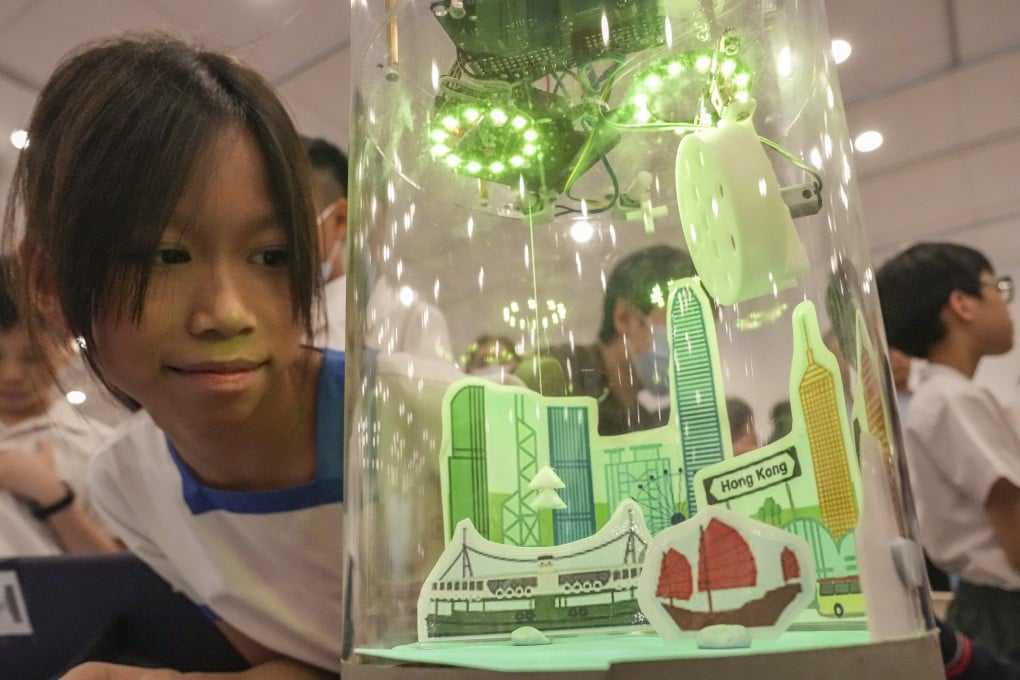Advertisement
Opinion | Cultivating creativity will inspire Hong Kong’s future tech leaders
- To enhance students’ interest, skills and awareness in science and technology, the city’s schools must go beyond preparing them for exams
Reading Time:3 minutes
Why you can trust SCMP
2

Cultivating creativity and innovation has become paramount in today’s technology-fuelled, data-driven landscape. Therefore, to remain competitive, the consensus supports the development of critical thinking and creative problem-solving skills in our education system.
The Education Bureau introduced STEAM (Science, Technology, Engineering, Arts and Mathematics) for Hong Kong in 2016. These interdisciplinary modules were designed to cultivate critical thinking, problem-solving and creativity through hands-on inquiry and engineering practices – essential skills for navigating complex challenges.
Chief Executive John Lee Ka-chiu’s 2022 policy address outlined a multipronged approach to bolstering STEAM education. It mandated that all schools appoint a dedicated STEAM coordinator. The address also included a commitment to enriching the curriculum, as well as improving the effectiveness of teaching and learning.
However, despite advancements within the education system, the focus on examinations in the Diploma of Secondary Education (DSE) curriculum is not entirely aligned with the analytical skills required for STEAM subjects.
Notwithstanding the DSE’s core strengths, recognised by local and many international universities, there is a gap between the exam-oriented DSE and the analytical STEAM skill set, which poses a challenge that education reforms and curriculum revisions must address.
While some directly subsidy scheme (DSS) schools offer more progressive, student-centred approaches, many of the more than 800 subsidised schools remain focused on equipping students with the knowledge and test preparation skills required for public examinations.
Advertisement
